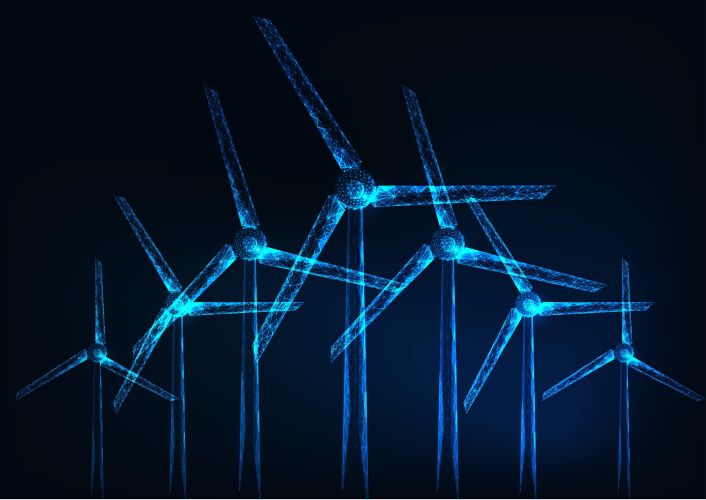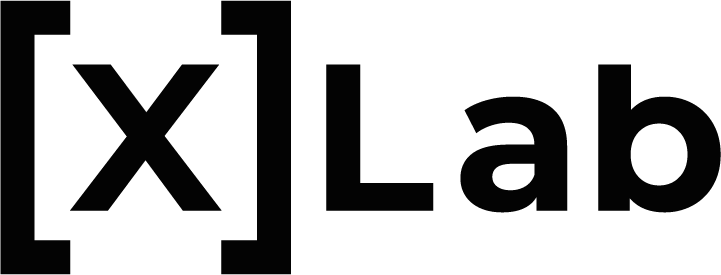Initial situation and goal
With the research project "Cryptoassets using the example of wind turbines - blessing or curse for cooperative banks", we, the Karlsruhe University of Applied Sciences (HKA), are investigating the impact of cryptoassets on banks, with a focus on cooperative banks. The banking world is in upheaval and will continue to change in the coming years. The main reasons for this are the digital transformation, for example through blockchain and cryptoassets, as well as changing customer needs. On the basis of blockchain technology, transactions can be executed securely, transparently, quickly and unambiguously. Thus, this technology allows to easily invest in (tokenized) assets and to generate attractive returns. These shares can then be traded via marketplaces that are also emerging. Accordingly, this gives companies new opportunities to easily and often more unbureaucratically obtain funding for assets to be financed. As a rule, these investments (or lending) and the trading of the (tokenized) assets take place without banks. This development can mean a loss of customers and revenues for banks if they do not adapt to the new technologies and opportunities.
Methodology
We will illustrate and evaluate this ("bank-free") form of financing based on blockchain technology using a real example of tokenized wind turbines and, in particular, show ways in which (cooperative) banks can position themselves to also profitably use the current upheaval. Our real-life example is the Tailwind platform currently being co-developed by the HKA project team. Tailwind is a platform that connects wind turbine operators with citizens, municipalities and companies as investors in order to jointly finance and operate wind turbines. Participation is enabled via a simple app based on tokenization, a digital representation of the wind turbine in the blockchain.
Use Case: The Tailwind Project
The Tailwind research project hits several trending issues at once: (1) It is likely to become very interesting for municipalities in particular due to participation through tokenization. According to §6 of the German Renewable Energy Sources Act (EEG) 2021, municipalities and citizens can participate voluntarily in wind turbines in order to increase citizens' acceptance of the construction of new wind turbines. In Mecklenburg-Western Pomerania, participation or a compensatory levy is even mandatory. Accordingly, a simple participation process based on tokenization is also becoming increasingly attractive for municipalities. (2) The example of tokenization of wind turbines is particularly relevant because it addresses another future trend - the changing needs of customers: more and more people, especially young people, want to participate in climate protection and advocate sustainability, but do not know how. Tokenization offers everyone the opportunity to become co-owners of wind turbines and thus participate in an urgently needed energy shift, easily and with little money. In other words, Tailwind pairs easy investing with a trendy topic and an app that makes it transparent what added value one's own investment in renewable energies has for the user on a daily basis. This intelligent combination of different technologies, advantages, opportunities and customer needs promises a very attractive offer. It is precisely this attractiveness that we are already receiving confirmation of in discussions in the course of Tailwind 's business model and product development. Accordingly, we also expect the Tailwind project to provide an extremely attractive and directly applied research context to: (1) answer questions about the impact of cryptoassets on the intermediation function of banks and in particular cooperative banks. After all, where else, except directly on the real use case, should questions about the (2) development of cryptoassets, the (3) future requirements for the product and distribution policy of cooperative banks, the (4) role of 'Decentralized Finance' in the future or the (5) necessary regulation for the establishment of cryptocurrencies be answered?
We are convinced that the answers and recommendations resulting from our research will help cooperative banks in the future to offer their customers attractive, modern and digital products for a necessary, timely contribution to climate neutrality and sustainability. True to the motto of cooperative banks: "What one cannot do alone, many can."

